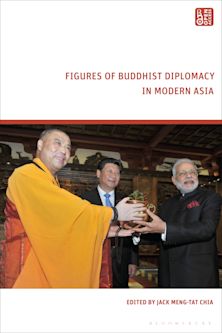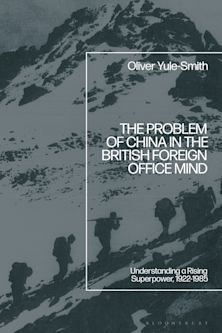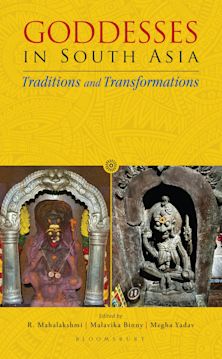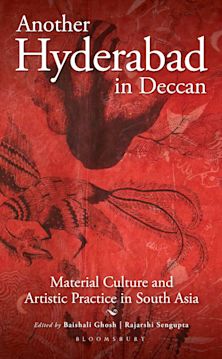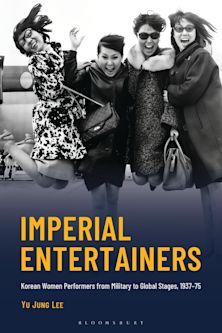Finding China's Lost Generation
The Beijing Fifty-five
Finding China's Lost Generation
The Beijing Fifty-five
This product is usually dispatched within 1 week
- Delivery and returns info
-
Free US delivery on orders $35 or over
Description
In December 1968 Mao Zedong proclaimed that China’s educated urban youth should move to the countryside to be reeducated by the poor and lower middle peasants. Some seventeen million who responded to his call spent the better part of a decade laboring in remote and impoverished regions.
Returning to the cities in the late 1970s, undereducated, unemployed, and manifestly unprepared to contribute to China’s post-Maoist future, the rusticated youth were dubbed the “Lost Generation”. How then, could China transform itself into an economic and military behemoth without the support of an entire generation of educated men and women?
A close look at a group of young Beijingers suggests that at least some of the rusticated millions reentered urban life with assets that enabled them to play a creative role. “The Beijing Fifty-five” were atypical insofar as they had volunteered to carve rubber plantations out of a tropical wilderness on China’s southwest border a year before the wave of involuntary recruits. However, their struggle to survive cultural, political, and physical challenges was typical.
Drawing from the spoken and written testimony of the Fifty-five, this book shows in dramatic detail how “The Lost Generation” survived the tribulations of the Mao years to help build today’s China.
Product details
| Published | May 17 2023 |
|---|---|
| Format | Hardback |
| Edition | 1st |
| Extent | 136 |
| ISBN | 9781538174241 |
| Imprint | Rowman & Littlefield Publishers |
| Illustrations | 18 b/w photos; |
| Dimensions | 9 x 6 inches |
| Series | Asian Voices |
| Publisher | Bloomsbury Publishing |
Reviews

ONLINE RESOURCES
Bloomsbury Collections
This book is available on Bloomsbury Collections where your library has access.












